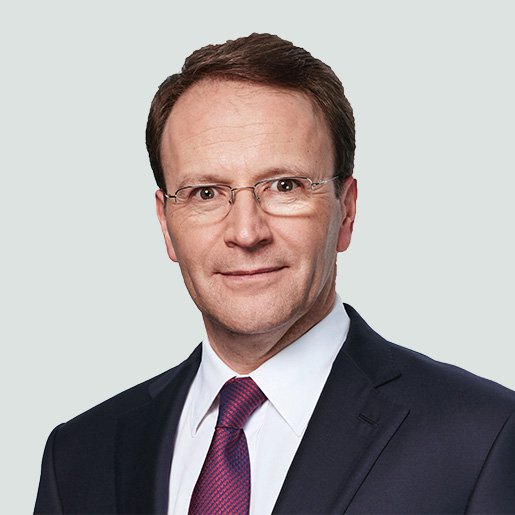The recycable packaging will be introduced in the second half of this year, is part of Nestle's aim to its packaging either recyclable or reusable by 2025

Nestle's YES! snack bars will be wrapped in recyclable paper packaging (Credit: Flickr, Nestle)
Food and drink giant Nestle has announced it will develop packaging made from recyclable paper for its snack bar brand YES! in the second half of this year.
The announcement comes after the Switzerland-based multinational made what it called a “breakthrough innovation” in being able to develop a high-speed flow wrap technology for paper packaging.
Fruit and nut bar YES!, launched late last year, will be the first confectionery packaged using such a method, with Nestle saying it will be able to use the material at a large scale while guaranteeing product quality and freshness over the entire shelf life.
Patrice Bula, head of strategic business units, marketing and sales at Nestle, said: “Consumers are looking for more sustainable options when they choose a snack, both in terms of ingredients and packaging.
“Our YES! bars are made with wholesome ingredients that celebrate and care for nature’s diversity.
“We are now relaunching them carefully wrapped in paper, making the packaging easy to recycle and avoiding plastic waste.”
Nestle claims the new wrapper will be widely recyclable, using wood sourced from trees certified by the Forest Stewardship Council and The Program for the Endorsement of Forest Certification.
Nestle needs to innovate away from the single-use model, says environmental charity
Matthias Wüthrich, Greenpeace Switzerland’s fast-moving consumer goods (FMCG) global campaigner, welcomes the move but said innovation is needed to move away from the single-use model entirely.
He added: “It’s good that Nestle is finally rethinking the way the company delivers its products, but substituting single-use plastic for another throwaway material is not the way to go.

“These kinds of false solutions, which are not environmentally friendly, are what put us in this mess in the first place.
“We need Nestle to innovate away from the single-use model entirely.
“We call on the company to immediately reduce its plastic packaging and implement a reusable system rather than grasping at a quick fix that could cause further environmental disasters, such as deforestation.”
Commitments made by Nestle to reduce plastic waste and increase recyclable packaging
In January 2019, Nestle announced its border vision for what it called a “waste-free future”, making commitments that meant 100% of its packaging will be recyclable or reusable by 2025.
The news came off the back of the firm setting up its Institute of Packaging Sciences in December 2018.
Based in the Swiss city of Lausanne, it was created to find solutions to the company’s packaging problems.

Speaking in January, Nestle CEO Mark Schneider said: “Our broader vision and action plan outline our commitment and specific approach to addressing the plastic packaging waste issue.
“While we are committed to pursuing recycling options where feasible, we know that 100% recyclability is not enough to successfully tackle the plastic waste crisis.
“We need to push the boundaries and do more. We are determined to look at every option to solve this complex challenge and embrace multiple solutions that can have an impact now.
“Collective action is vital, which is why we are also engaging consumers, business partners and all our Nestle colleagues to play their part.
“You can count on us to be a leader in this space.”
So far, the company has begun to eliminate all plastic straws from its products, as well as rolling out paper packaging for its milkshake brand Nesquik in the first half of this year.
By 2020, the firm has committed to introducing paper-based pouches used in its chocolate powder product Milo.
Nestle says 50% of PET plastic in its European water brands Acqua Panna, Buxton, Henniez and Levissima will be made from recycled content by 2025.
